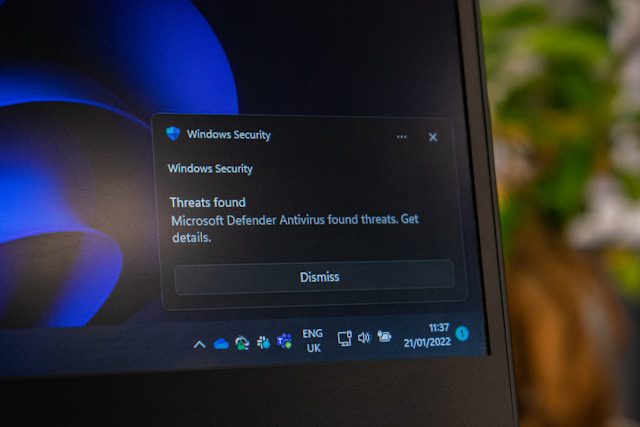
In a recent August Patch Tuesday, Microsoft urgently addressed a critical security vulnerability within the Windows TCP/IP stack, identified as CVE-2024-38063. With a CVSS score of 9.8, this flaw has been classified as a severe threat to enterprise environments, allowing attackers to execute arbitrary code remotely with minimal effort.
The vulnerability stems from an Integer Underflow weakness, a subtle yet dangerous error that can trigger buffer overflows within the network stack. When exploited, this flaw enables attackers to send a specially crafted IPv6 packet to vulnerable systems, leading to remote code execution (RCE). The affected systems include Windows 10, Windows 11, and Windows Server editions, making a vast number of devices susceptible to attack.
What makes CVE-2024-38063 particularly concerning is its classification as a wormable flaw. This means that once an attacker successfully exploits a single device within an internal network, the vulnerability can facilitate the rapid propagation of malicious code across other connected devices. The potential for a large-scale breach is significant, as the vulnerability could spread unchecked, compromising multiple systems within an enterprise in a matter of minutes.
Given the gravity of the situation, the cybersecurity community has been on high alert. Wei, a security researcher from the cybersecurity firm Cyber Kunlun, who has been credited for reporting the CVE-2024-38063 vulnerability, has chosen to withhold detailed and exploit code information about this flaw for now. Wei took to the X platform to express the rationale behind this decision:
“The bug triggers before fw handling the packet. Considering its harm, I will not disclose more details in the short term.”
Wei’s cautious approach highlights the immense danger posed by the flaw. By delaying the release of technical specifics, Wei aims to minimize the risk of threat actors reverse-engineering the CVE-2024-38063 exploit, buying time for organizations to secure their systems.
In their official security bulletin, Microsoft echoed the urgency of the situation, advising all users to apply the provided patch without delay. The tech giant underscored the simplicity of the attack vector, noting that a low-complexity exploit could easily be executed by repeatedly sending specially crafted IPv6 packets. With similar vulnerabilities having been exploited in the past, the likelihood of CVE-2024-38063 becoming a prime target for attackers is alarmingly high.
For organizations unable to deploy the patch immediately, Microsoft recommended disabling IPv6 as a temporary safeguard. However, they also cautioned that IPv6 is a mandatory component of Windows Vista, Windows Server 2008, and subsequent versions. Disabling it could lead to the malfunction of critical Windows components, adding a layer of complexity to the remediation process.
Related Posts:
- CVE-2024-38063 (CVSS 9.8): 0-Click RCE Affects All Windows Systems
- The first time an IPv6 denial of service attack appeared, Internet engineers warn
- Difference Between IPv4 and IPv6 | Full Explanation